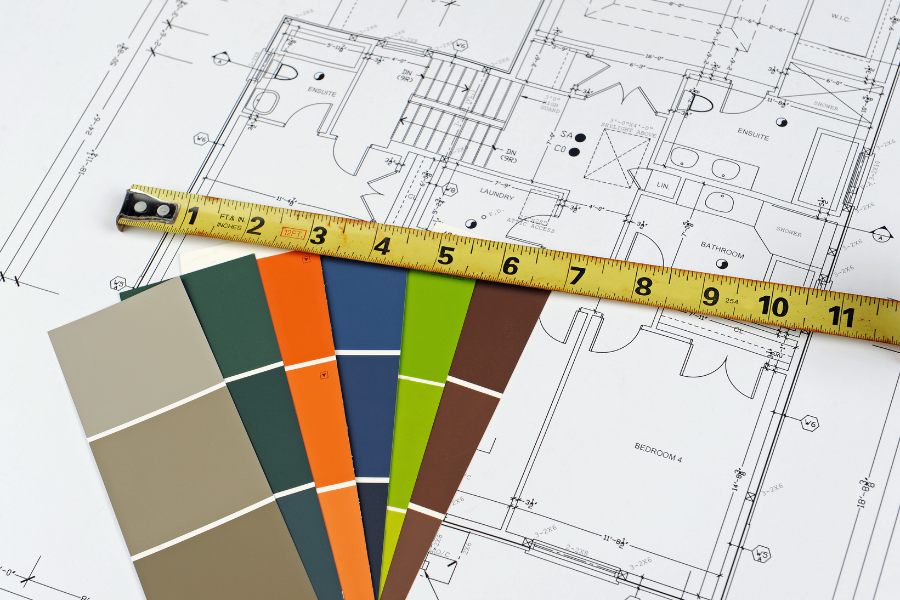The Tax Benefits of Home Improvements

It’s always a pleasure to look out the window this time of year. We can see the snow and salt being replaced by vibrant blooms, as well as the birds singing in the trees. This is a sign that the warmer weather is coming, and it often brings with it a surge of energy to get our homes in order before the summer heat arrives. You don’t have to take my word for it — just drive by a gardening center or department store on a Saturday afternoon, and you’ll see the evidence for yourself. People are out in droves, buying supplies to spruce up their homes and yards.
As advisors, we often help our clients budget for home improvements during this time of year. Now that the April tax deadline has passed, you may be wondering how home improvements can help your finances, including your tax situation.
For tax purposes, home improvements must accomplish one of three goals: They must add value to the property, increase its lifetime of usage, or adapt a home for new uses. For example, decluttering your closet or cleaning the stove doesn’t count, but adding a room, upgrading your plumbing, or adding a deck does. If you were to spend a total of $75,000 this year adding a new bedroom or home office to your house, you would not be able to deduct the expenditure in the 2023 tax year if you use your home solely as your personal residence. However, these improvements do have a tax benefit because you can add them to the basis of the property when the time comes to sell.
Let’s take John and Janet’s situation as a hypothetical example. The couple purchased their home for $500,000, and over time, they spent $150,000 on improvements. This past year, they sold their home for $1 million. To determine their gain from the sale, they would subtract the $650,000 basis from the sales price of $1 million. Their capital gain would be $350,000. Next, John and Janet should consult with a tax professional to determine if they can qualify to exclude that gain from their income. Section 121 of the U.S. Tax Code requires that they must meet both an ownership test and a use test to qualify.
Two key factors impact tax purposes when depreciating home improvement costs. The first is if you run a legitimate business and use a specific part of your home exclusively for that purpose. For instance, if you’re a self-employed event planner and renovate a spare bedroom into a home office by building new shelving and adding light fixtures, those costs can be deducted as a business expense. However, if the improvements benefit the entire home, you can only depreciate the percentage that makes up the home office. For example, if you upgrade your air conditioning system and use 10% of your home as an office, you may depreciate 10% of the air conditioning cost. Another way to depreciate home improvement costs is to rent out a part of your home. In this case, you would deduct the expense from the rental income received. For example, if you rent out a bedroom in your home for $1,000 a month or $12,000 per year, and spend $3,000 to replace and install new flooring in that bedroom, you may depreciate the $3,000. It’s important to note that repairs, such as fixing one floorboard, are not considered improvements by the IRS and have different tax implications.
If you enjoy making improvements to your home, it’s wise to keep track of your expenses and work with a professional to help ensure you’re making the most of any tax opportunities. Curious about the role a financial advisor can play in tax planning? Read this related blog to learn more.
This is intended for educational purposes only and should be construed as personalized financial or investment advice. Please consult your financial and investment professional(s) regarding your unique situation.


